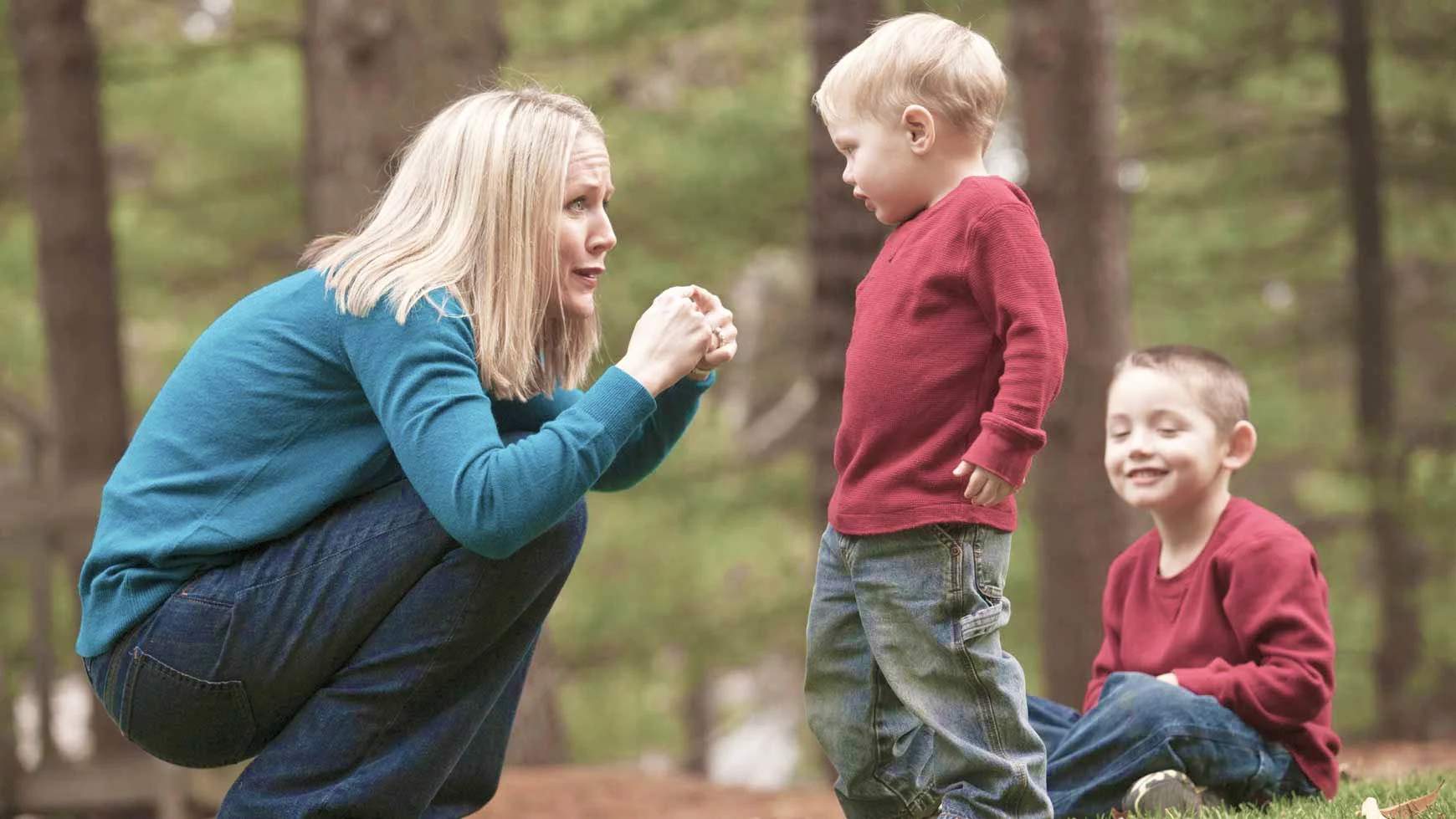How to help your preschooler manage overexcitement

At a glance
Some kids with learning and thinking differences may be more likely to get overexcited.
There’s no instant fix to make your preschooler stop being overexcited.
Learning how to read the signs that your child is starting to get overexcited can help you nip overexcitement in the bud.
Seeing your preschooler get excited is great. But if your child gets overexcited, that’s a different story. And kids with certain learning and thinking differences like ADHD may be more prone to overexcitement than other kids.
Learning to calm an overexcited preschooler is a process. There aren’t any quick solutions, but there are things you can do that can help over time.
Try using the three R’s: recognizing when your child’s getting overexcited, reading what cues could have tipped you off, and finding ways to respond the next time you see the cues. Below are some common reasons your preschooler may get overexcited and how you might apply the three R’s.
Your child’s overstimulated.
Recognize: Your child is playing tag. The other kids stop playing, but your preschooler keeps chasing and tagging them, laughing even when they get mad.
Read the cues: Your child got caught up in the game — screeching and laughing louder than the other kids. Your preschooler wasn’t able to look around, notice that the game was over, and stop.
Respond: Put yourself physically between your child and the other kids. If your preschooler doesn’t mind being touched, try putting your hands on their shoulders and saying, “The game is over now. You seemed to have a lot of fun playing, but now it’s time to stop.” Guide your child to a new activity.
Plan for next time: Set up a signal that you both agree would work well to help your child know when it’s time to stop. Plan on giving a five-minute notice when you see they start to get louder and too excited.
Your child’s overly absorbed.
Recognize: At a birthday party, your child refuses to leave the ring toss and move on. The more you try to force it, the more upset your child gets. Before long they’re kicking and screaming.
Read the cues: Your child got really into the game. The more your child played, the less your preschooler noticed other kids talking to them. Your child kept saying, “Just one more turn!”
Respond: If your child is in full-on meltdown mode, they may not be able to accept your help or move away from the area with you. Make sure your child and everybody around them are safe. Ask the others to give you a little space and tell your child, “I’ll just sit with you until you’re feeling calmer.”
Plan for next time: When you see signs that your child is getting overly absorbed, interrupt and give a 10-minute notice. Check in again at five minutes and three minutes. When time is up, you can say, “You really enjoyed that! It’s time to move on to the next game.”
Your child’s hyper-fixated.
Recognize: At the park, another preschooler is using your child’s favorite swing. Your child yells that the other child took “my” swing and tries to push them off.
Read the cues: Your child talked all morning about using “my” swing. When they saw the other child on the swing, your child started clenching his fists and huffing and puffing.
Respond: Get your preschooler out of the other child’s way to keep your child safe. Try saying, “I know you’ve been looking forward to swinging and you’re upset.” Attempt to redirect your child: “Let’s use the slide until that boy is done.”
Plan for next time: Prep your child. Try saying, “There might be another kid on your favorite swing. You can wait calmly or use another swing. If you can’t, we’ll have to leave.” And help your child learn to be aware of their reaction. “Did you know you’re making fists? I notice you do that when you start getting angry.”
Learn more about how to respond when your child gets fixated on something.
Your response may not always calm your child in the moment. But learning to recognize tricky situations and read your child’s cues can help you find ways to respond more effectively to them in the future.
Key takeaways
It may help your preschooler if you have an agreed-upon signal to give them when they seem to be getting too excited.
Making your child more aware of how they act and feel when they’re getting overexcited can eventually help your child stay calmer.
Giving your child a heads-up that they’ll have to move on to another activity soon can help them prepare — and may reduce meltdowns.


